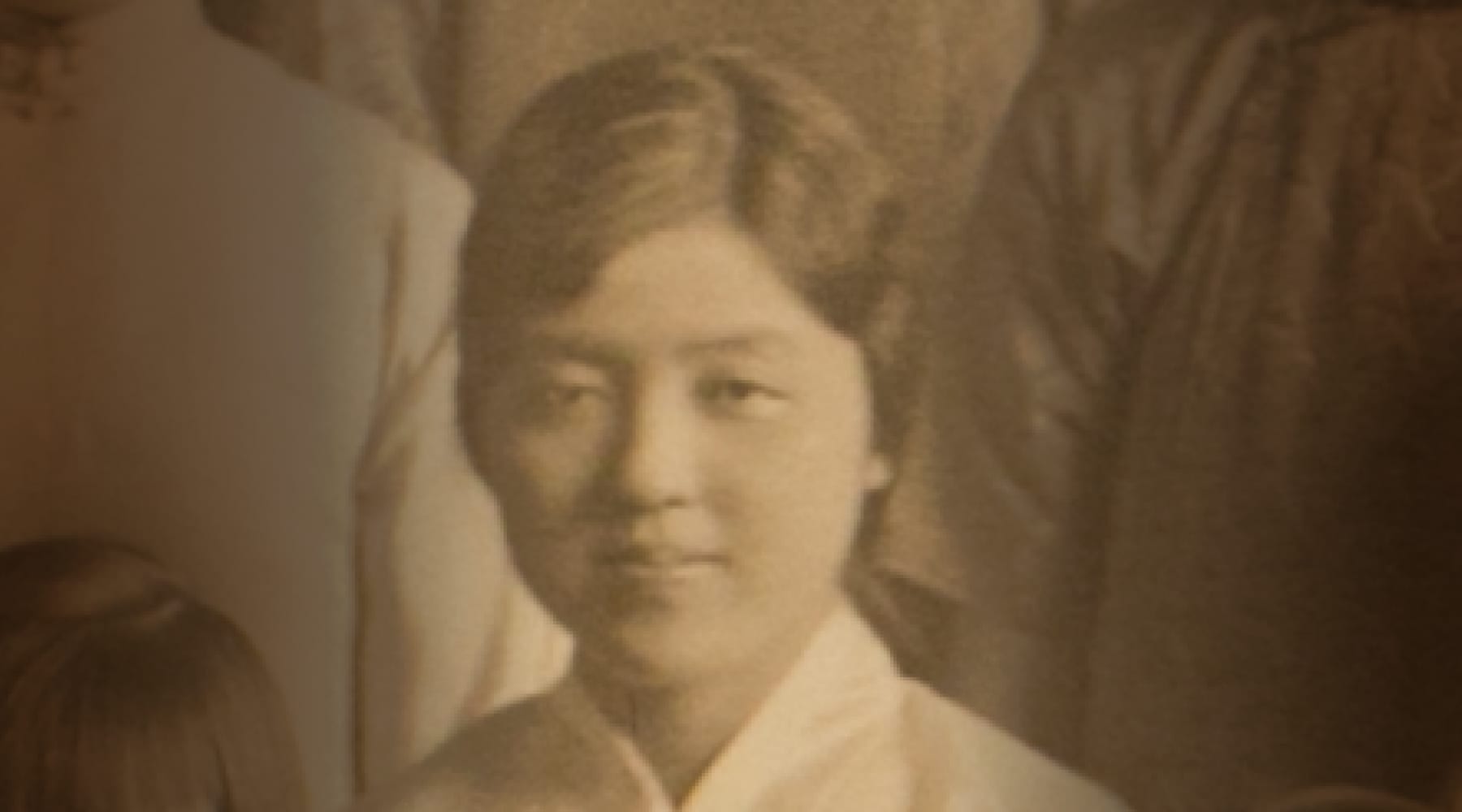Whang-Kyung Koh

Whang-Kyung Koh (1931) graduated from the Seoul, Korea Higher Common School for Girls at the age of sixteen and from Doshisha University in Kyoto, Japan with a B.A. in law at the age of nineteen. A profile in the October 10, 1930 issue of the Osaka Mainichi chronicled Whang-Kyung’s accomplishments: “A Korean-born Young Woman, the beautiful Miss Whang-Kyung Koh, will be Graduated with the Degree, Bachelor of Law, from Doshisha University next spring. As she is the first woman of her race to graduate from this university, the event is marked as the appearance of a red flower in the midst of green foliage.”
Whang-Kyung entered the University of Michigan as a Barbour Scholar in the fall of 1931, earned an M.A. in Economics by February of 1933, then switched fields to Sociology. After completing the coursework requirements for a doctoral degree in Sociology and gathering her research material, she decided to return to her native country of Korea. Her goal was to engage in work that would help women develop constructively so they could make a positive contribution to the healthy development of Korean society.
In 1935, Whang-Kyung returned to Korea, where she obtained a teaching position, spent some time completing her dissertation, and, with her sister, Gladys, organized a social settlement near Seoul, the expense of which, including one full-time worker, was paid out of the sisters’ salaries. In 1937, Whang-Kyung completed her dissertation, “Seasonal Distribution of Girl Delinquents in Detroit” and her Ph.D. in Sociology was granted by U-M. At this time, the settlement employed three workers and had spread out to five additional villages. The settlement included a school for underprivileged teenage girls, hygiene classes for wives and mothers, and a visiting nurses’ program. In addition to her work on the social settlement, Whang-Kyung became Dean of the School of Home Economics at Ehwa College in Seoul.
